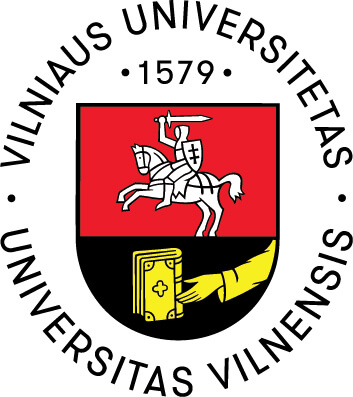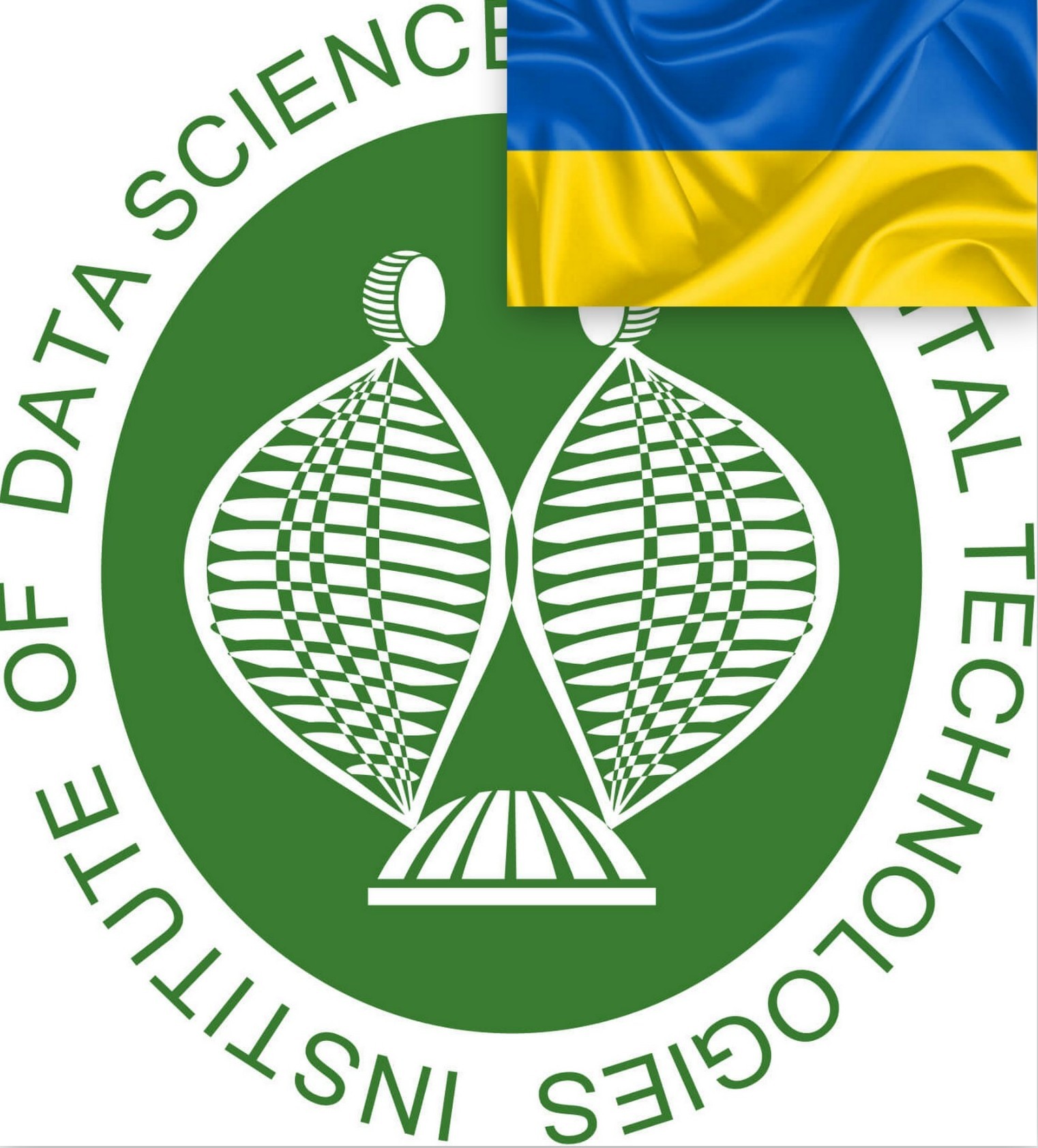The Institute of Data Science and Digital Technologies (DMSTI) is subdivision of Vilnius university Faculty of Mathematics and Informatics (it was the basic subdivision of VIlnius university, state scientific institute, budgetary scientific research institution until 30th of September 2010). DMSTI was set up to pursue important long-term research for the economy of Lithuania and international cooperation. The main activities of the Institute are scientific research and experimental development (R&D), with research trends approved by the Ministry of Education and Science, and the Government of the Republic of Lithuania.
The main fields of DMSTI activities:
- Investigation in the probability theory and mathematical statistics, finance and actuarial mathematics, differential equations and numerical methods for their solution, mathematical logic, complexity of algorithms and discrete mathematics.
- Investigation of recognition processes, data analysis, multi-modal optimisation problems, problems of multimedia technologies and interactive systems.
- Research of theoretical and methodical fundamentals of informatics, problems of information and communication technologies in education, computer networks and software engineering methods and application in the creation of new information technologies; cultural heritage in digital space.
- Publishing of the International journals "Informatica", "Lithuanian Mathematical Journal", "Nonlinear Analysis. Modelling and Control" (all of them are included into the Thomson Reuters "Web of Science"), "Baltic Journal of Modern Computing", "Informatics in Education", "Modern Stochastics: Theory and Applications", "Olympiads in Informatics".
The most successful directions of DMSTI research:
- Analysis of rough functions, applications to finance.
- Asymptotic analysis of statistics.
- Automated reasoning methods for knowledge and agent-based logics.
- Econometric models of time series and statistical inferences.
- Integration of statistical and neural approaches to design pattern recognition algorithms.
- Ontology-based engineering of component applications, information systems and business systems.
- Relationships between complexity of pattern recognition algorithms, amount of training data and algorithms' performance, and utilizations of this knowledge while solving real-world problems.
 Now you are in the 1st Lithuanian (.LT) domain.
Now you are in the 1st Lithuanian (.LT) domain. 




